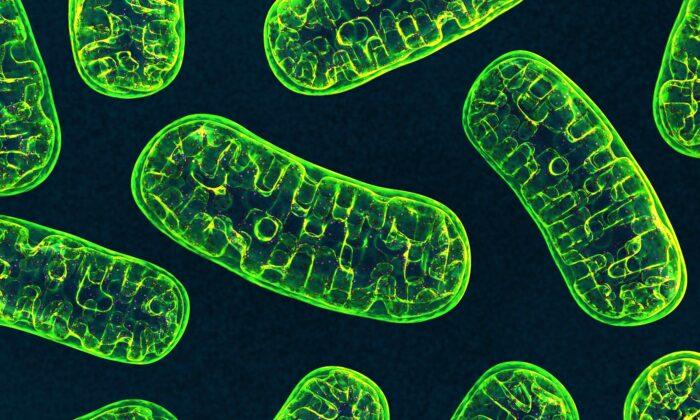From warfare to medicine, vast changes during the Industrial Revolution catapulted humanity to new heights. In addition to affecting the core components of our societies, the era had a profound impact on another, perhaps surprising aspect of the human condition: our gut microbiomes.
The Gut Microbiome
The gut microbiome is a complex, mini-ecosystem within the human body comprising hundreds of species of microorganisms. This ecosystem maintains a symbiotic relationship with its host.The body receives additional energy, nutrients (as well as various other compounds necessary for the basic function of our organs, including our brains), and detoxification capabilities from the gut microbiome and its products. The gut microbiota, in turn, receive protection from bacteria and viruses as well as raw food.
Our bodies and minds depend on our gut microbiome for necessary building blocks and energy. When the gut is unhealthy, we can become more susceptible to infections, mood changes, poor concentration, and certain mental disorders.
While several factors are needed for a healthy microbiome, the most important is what the microbiota feed on. The race to industrialize our food and serve an integrated, modern market drove the rapid growth of food processing, resulting in the emergence of affordable, but processed foods in our diets.
Processed foods contain large amounts of toxins used for preservation, flavor, and color which can result in mass microbiota death. Moreover, most processed foods are high in carbohydrates and sugars, which are quickly and easily digested by the body.
3 Lost Microbes
The study we referenced, published in Science, found that we have lost three microbes in our guts that were once widespread among rural and pre-industrialized humans. The loss of these microbes is significant on two levels. First, these microbiota were aimed at the digestion of fiber, so their absence will decrease the efficiency of fiber digestion, closing off or reducing potential energy sources.Recovery Is Possible
In the same way that our gut microbiome is being damaged, it can also be restored. While there are many factors leading to a healthy gut, such as initial gut colonization via natural childbirth and breastfeeding during infancy, the best way for adults to revive a healthy gut is to begin a gut reset by cutting out highly processed and sugary foods, and thus starving the microbes that survive on them.This will make room for other gut microbes to live and thrive in the gut, restoring balance. In addition to cutting out unhealthy foods, it is important to eat well, making sure to feed your body a range of food types to help diversify the gut microbiome.
With research now emerging of the overall degradation of our microbiomes and its effects, a balanced gut microbiome is something people should strive to foster just as they would care for their skin, heart, or other vital organs.






